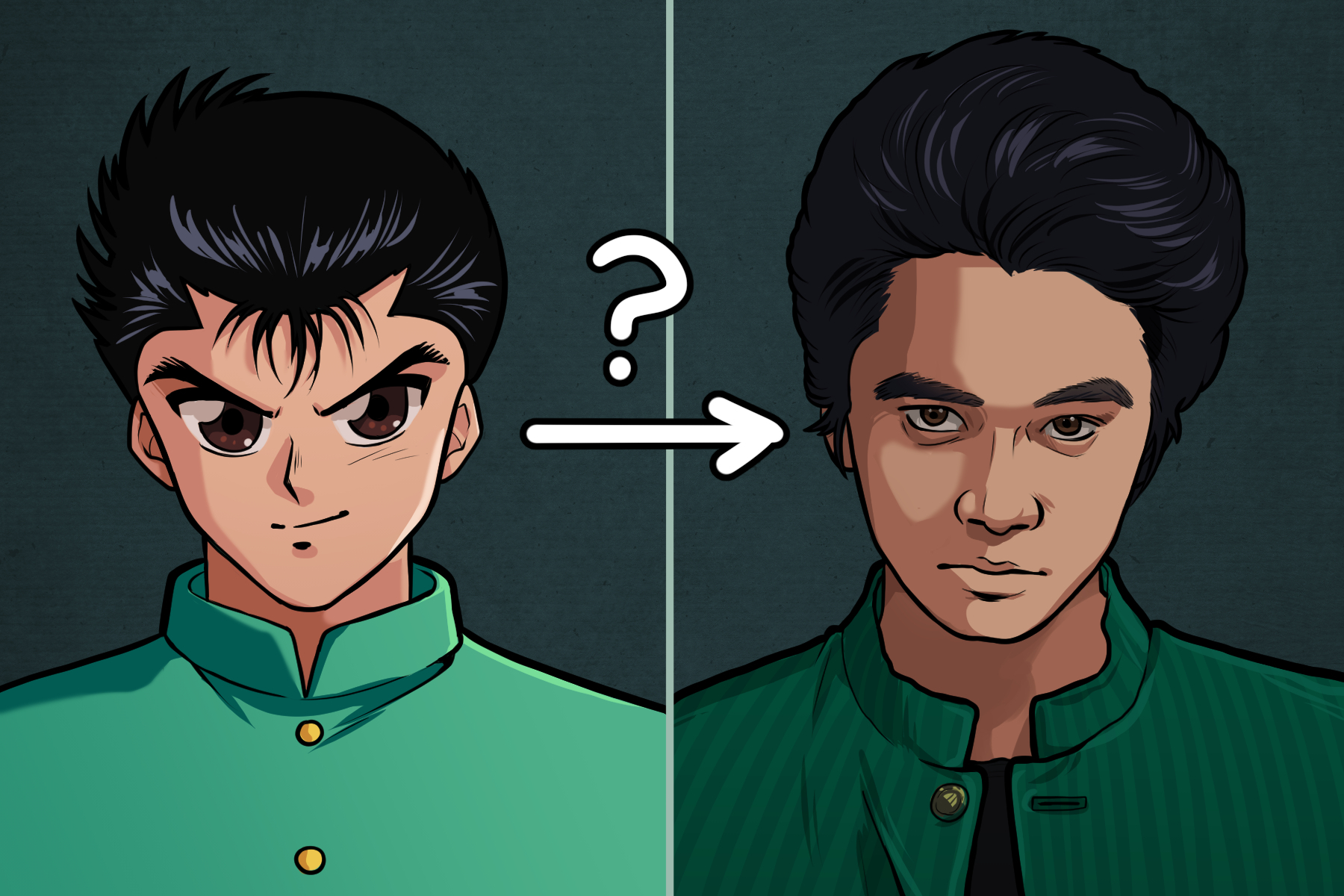Whether produced in their home country of Japan or overseas, live-action adaptations of anime and manga properties, effectively Japanese cartoons and comic books, have always struggled. Ranging from simply mediocre to some of the worst films ever made, many anime fans have wondered why their favorite shows are seemingly impossible to translate to live-action. Along with poor filmmaking, the reality may be that anime is simply impossible to translate to live-action altogether, and no anime adaptations show any signs of breaking that trend.
One of the most reviled anime adaptations was “Dragonball Evolution,” a 2009 film based on the extremely popular anime “Dragon Ball.” The movie was a critical and financial disaster, earning only $9.4 million in America despite being based on the most widely known anime ever. The film drew ire for poor casting, writing and pacing. It attempted to squeeze dozens of manga chapters into only a two-hour runtime and removed much of what fans loved about the “Dragon Ball” series.
“Dragonball Evolution” encapsulates one of the biggest problems with anime adaptations, as it struggled to capture the charm of the original. “Evolution” took a light-hearted, goofy series full of gags and jokes, and made it into an extremely serious flick. Protagonist Goku, normally known for being fun-loving and light-hearted, was turned into a broody, angst-prone teen. The film also cut fan-favorite characters, including Goku’s best friend and frequent comic relief, Krillin. Despite bearing the “Dragon Ball” name, it made no attempt to recreate what made “Dragon Ball” so beloved in the first place.
The failure of “Dragonball Evolution” was enough to dissuade studios from pursuing anime adaptations for nearly a decade, but recently, Netflix has taken it upon themselves to try again. Their first attempt, adapting the anime “Death Note” in 2017, wasn’t nearly as ill-received, but it still failed to impress fans. While praised for elements like the performance of Willem Dafoe as the Shinigami Ryuk, critics were still lukewarm on it. This was in no small part due to accusations of whitewashing, as the originally Japanese characters were made American instead.
Similar to “Evolution,” the changes the film made to the original “Death Note” were controversial. It follows the same basic beats: A high school student, Light, stumbles upon the Death Note, a notebook that will kill any person whose name is written in it. He is pursued by the master detective L, and the two become entangled in a tense, thrilling game of cat and mouse. Despite being the protagonist, Light is the villain of the story, rapidly going mad with power and intending to make himself the god of a new world with the Death Note.
The “Death Note” film, however, changes many of the details. Light is made a much more sympathetic figure who doesn’t go nearly as far off the deep end. As a result, L is more of a vigilante pursuing Light on his own instead of a true detective with a task force. Light’s insane fangirl, Misa, is also changed completely, becoming a more antagonistic force to him who even attempts to kill him at one point. These inconsistencies were all controversial and seen as unnecessary.
Netflix continued to try its hand at anime adaptations with a TV series based on “Cowboy Bebop,” an episodic space drama that’s considered one of anime’s all-time classics. It faced many of the same pitfalls as its predecessors, criticized for writing and pacing that failed to capture the tone of the original. Due to its poor reception, it was canceled after only one season, leaving many fans disappointed that it ended on a cliffhanger and didn’t have a chance to improve in future seasons.
With Netflix’s upcoming anime adaptations of properties like “Yu Yu Hakusho” and “One Piece” on the horizon, many fans are skeptical and ready for disappointment. After the previous adaptations, it’s difficult to be optimistic. While “One Piece” has showcased exceptional sets and an enthusiastic cast, it’s drawn skepticism for the same reasons as any other anime adaptation. It all comes down to the writing and whether it can capture the tone of the original work, which will be a very tall order for a goofy, off-the-wall show like “One Piece.”
Even in anime’s home country of Japan, adaptations fare almost no better. Within the past decade, there have been many adaptations of beloved anime series, including “Attack on Titan,” “Fullmetal Alchemist” and “JoJo’s Bizarre Adventure.” All of these films received middling reviews at best, having many of the same failures as their American counterparts. While they generally stay closer to the source material than other adaptations, this results in them feeling like soulless rehashes, to the point that fans question why anybody would watch them over the original. Ironically, there were also a series of Japanese “Death Note” movies that were much closer to the original, but they were no better received by critics.
No matter where they’re made, the common negative element of anime adaptations is a lack of charm. Even many serious, dramatic anime place an emphasis on comic relief and humor to alleviate the darker elements. The adaptations often simplify characters and remove moments of levity, resulting in much more serious films that lack the soul of the original. If these adaptations struggle so much in their home country, adaptations elsewhere in the world are fighting an even greater uphill battle.
With Netflix working on a sequel to “Death Note” and Sony making a live-action “One-Punch Man” film, anime adaptations show no sign of disappearing for the time being. However, the future isn’t bright for the films, as anime adaptations have amounted to little more than soulless cash-grabs riding on the coattails of the original works. Anime might not be impossible to adapt to other mediums, but the evidence thus far has shown that these filmmakers are struggling to make them work in live action, and at this rate, they may never work at all.

















